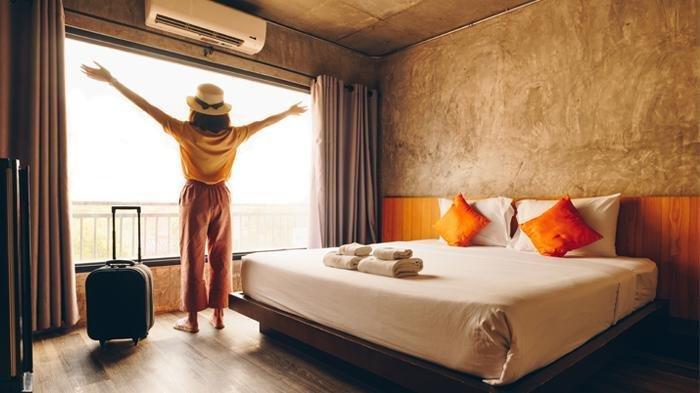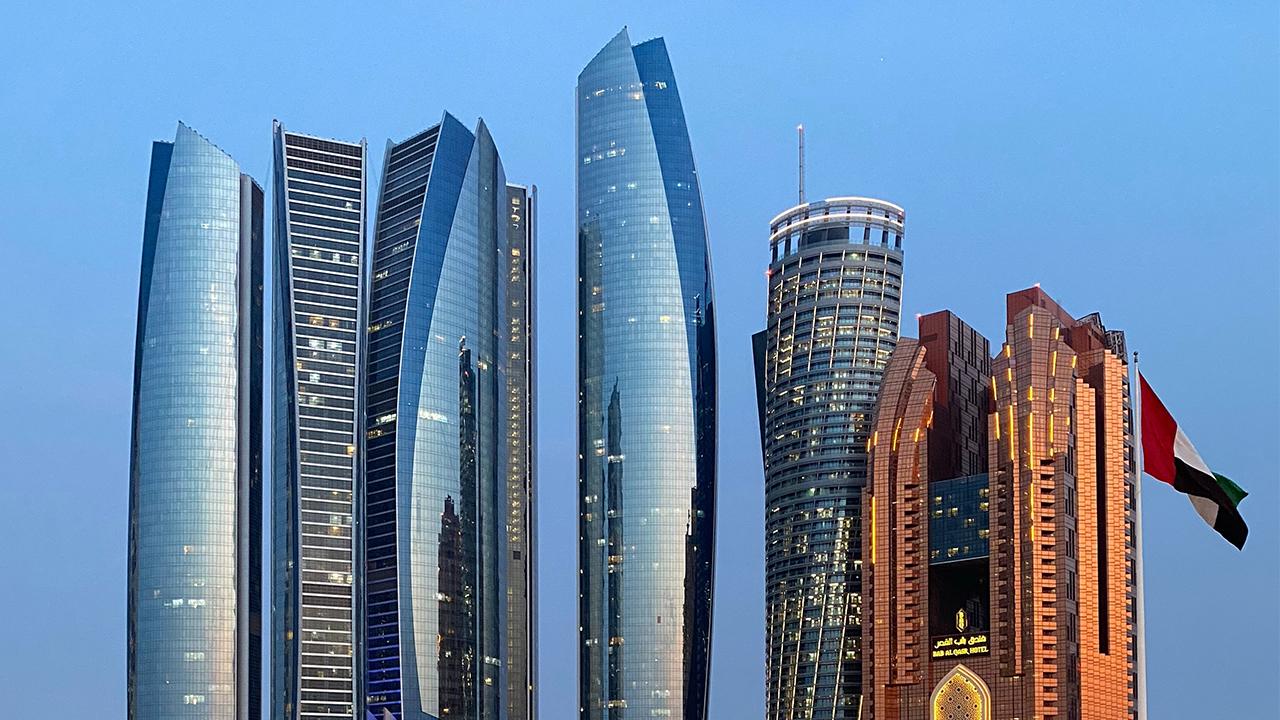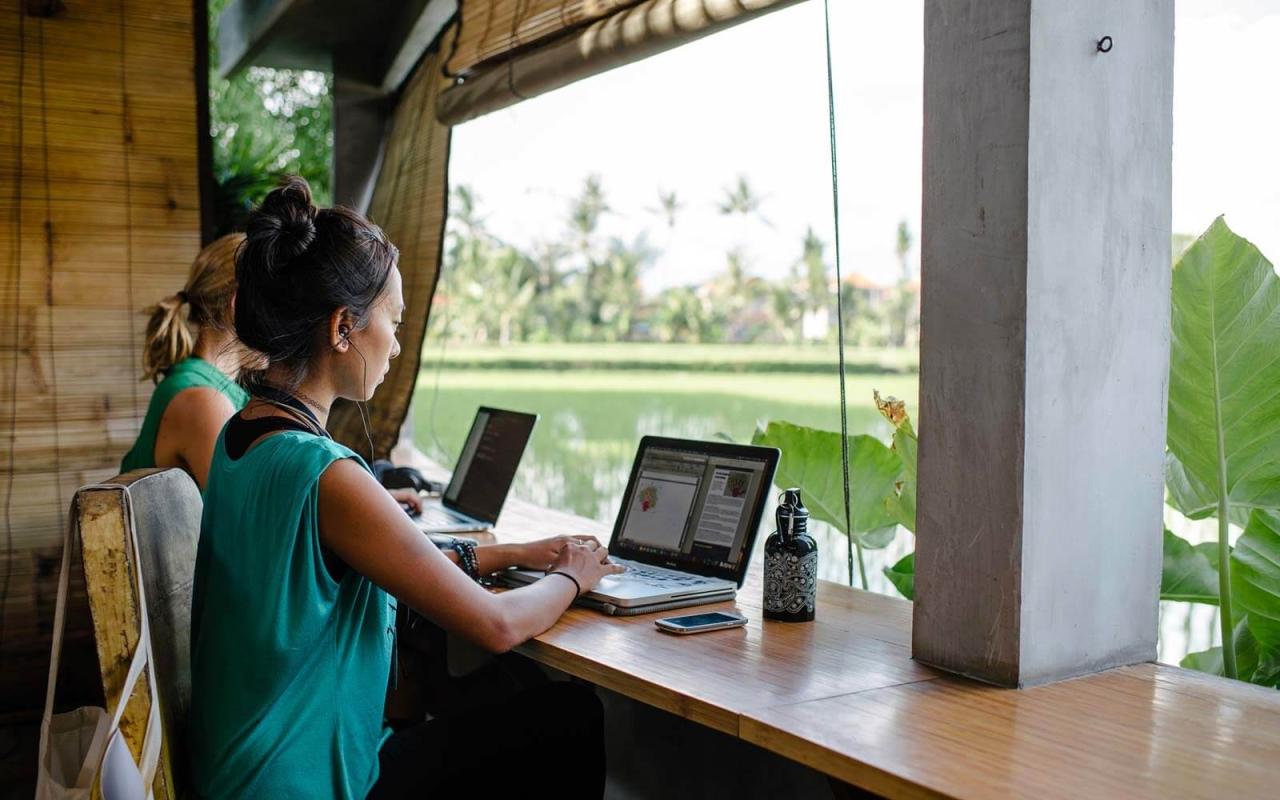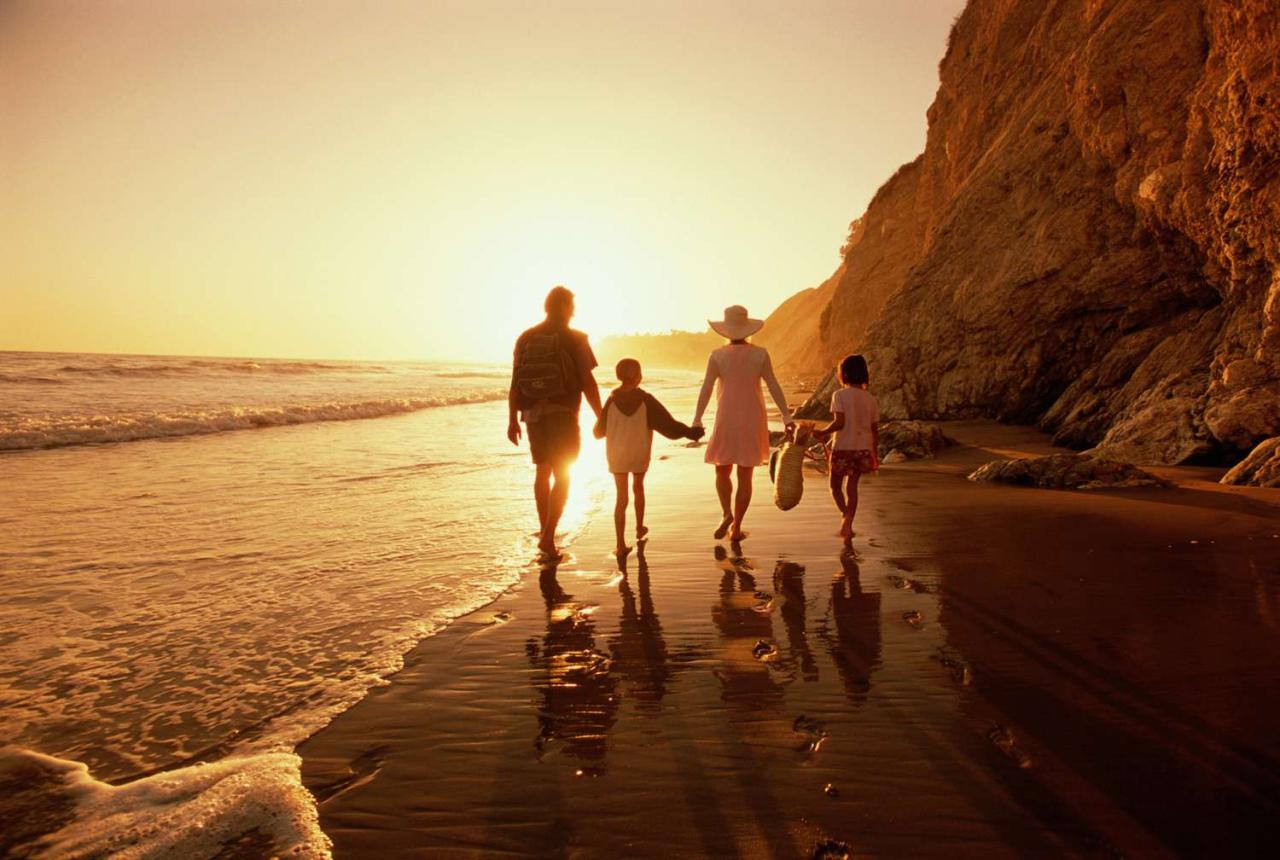The world of travel has evolved dramatically, with discerning travelers increasingly seeking experiences that transcend the ordinary. Gone are the days when luxury simply meant gilded fixtures and expansive suites. Today, luxury stays are redefined by an intricate blend of personalized service, unique cultural immersion, unparalleled comfort, and sustainable practices. This shift reflects a growing desire for authentic, memorable journeys that cater to individual preferences and leave a lasting positive impact.
The Evolving Landscape of Luxury Hospitality
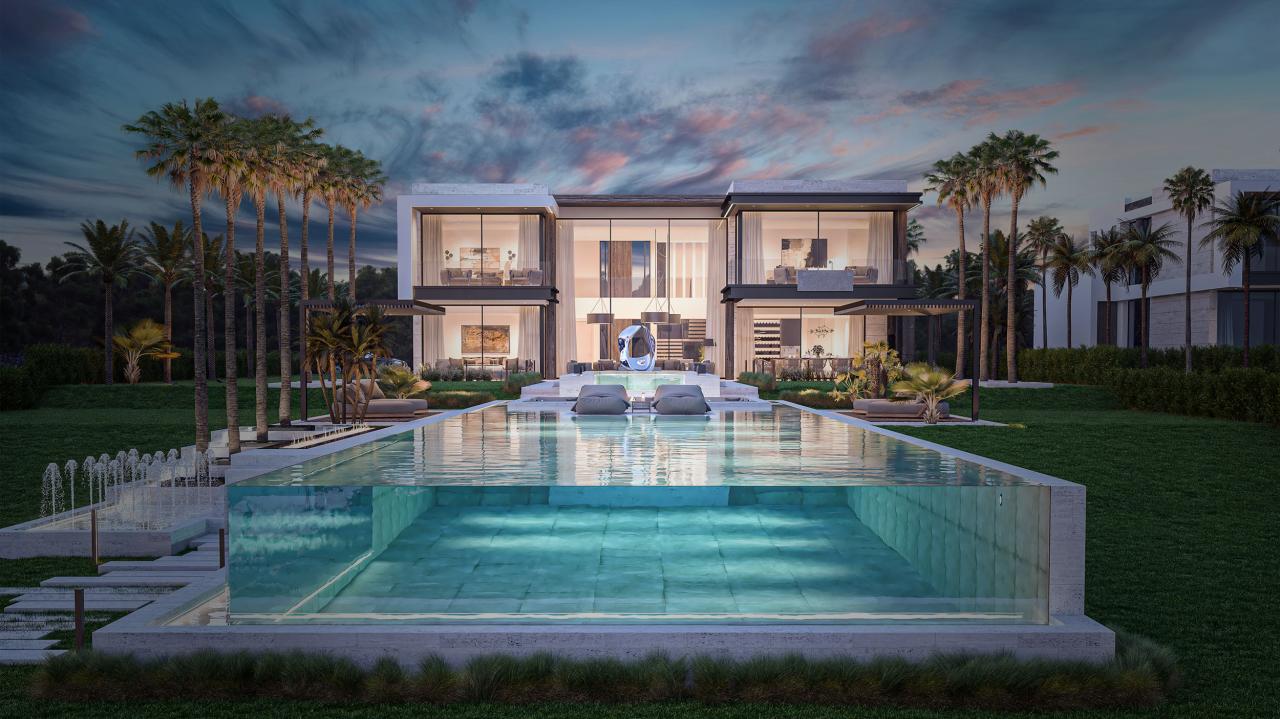
The modern luxury traveler is sophisticated and well-informed. They value not just opulence, but also exclusivity, privacy, authenticity, and wellness. This has led to a diversification of luxury accommodations beyond traditional five-star hotels. We’re now seeing a surge in demand for:
A. Boutique Hotels: These intimate establishments, often independently owned, offer a distinct personality and personalized service that large chains can struggle to replicate. They frequently boast unique architectural designs, locally sourced art, and a strong connection to their surrounding community. Think of a meticulously restored historic mansion in Paris or a chic, art-filled hideaway in a bustling Tokyo neighborhood. Their smaller scale allows for a more tailored experience, where staff can anticipate guest needs and offer recommendations that go beyond standard tourist brochures.
B. Private Villas and Estates: For ultimate privacy and space, nothing beats a private villa. These properties often come with dedicated staff – chefs, butlers, housekeepers – ensuring every need is met without ever leaving the comfort of your temporary home. From sprawling beachfront estates in the Caribbean to secluded mountain retreats in the Alps, villas offer a sense of home away from home, ideal for families, groups of friends, or anyone seeking an exclusive sanctuary. The ability to set your own schedule, dine at your leisure, and enjoy communal spaces without interruption is a significant draw. Many high-end villas also offer bespoke experiences, such as private cooking classes, yoga sessions, or guided local excursions.
C. Eco-Luxury Resorts: As environmental consciousness grows, so does the demand for sustainable luxury. These resorts integrate eco-friendly practices into every aspect of their operation, from renewable energy sources and waste reduction to supporting local conservation efforts. They demonstrate that luxury doesn’t have to come at the expense of the planet. Imagine a resort built into a rainforest canopy using sustainable materials, offering organic, farm-to-table dining, and providing opportunities for guests to participate in ecological projects. The appeal here lies not just in comfort, but in the peace of mind that comes from knowing your stay contributes positively to the environment and local communities.
D. Wellness Retreats: Beyond mere pampering, wellness retreats focus on holistic well-being. These destinations offer programs centered around yoga, meditation, spa treatments, healthy eating, and often incorporate natural surroundings for rejuvenation. They are designed for guests looking to de-stress, rebalance, and improve their physical and mental health. From silent retreats in the desert to active wellness programs in the mountains, these properties prioritize internal restoration over external indulgence, though luxury amenities are still often integrated for maximum comfort during the journey of self-discovery.
E. Experiential Lodges: Located in remote or unique natural settings, these lodges provide unparalleled access to specific activities or environments, such as safaris, polar expeditions, or deep-sea diving. The focus is on the adventure and immersion, with the accommodations serving as a luxurious base camp. Think of a glamping tent in the African savanna with five-star amenities, or a glass-domed igloo in the Arctic offering views of the Northern Lights. These lodges cater to the adventurous spirit, providing comfort and impeccable service in often challenging or isolated locations, making once-in-a-lifetime experiences truly accessible and luxurious.
The Pillars of Modern Luxury
What defines a truly luxurious stay in today’s world? It’s a multi-faceted concept built upon several core principles:
Impeccable, Personalized Service
The hallmark of true luxury is service that anticipates needs before they are even voiced. This goes beyond mere politeness; it involves staff who genuinely remember guest preferences, anticipate desires, and proactively offer solutions. From a favorite beverage appearing without asking to a personalized itinerary curated based on expressed interests, this level of service creates an unparalleled sense of care and exclusivity. This often means a high staff-to-guest ratio, allowing for more individualized attention. But it’s not just about quantity; it’s about the quality of interaction, the genuine warmth, and the intuitive understanding that staff demonstrate. This can manifest as a personal concierge who handles every detail of your stay, from restaurant reservations to private tours, or a butler service that ensures your suite is always perfectly tended to.
Exquisite Design and Ambiance
Luxury accommodations are not just places to sleep; they are destinations in themselves. They boast breathtaking architecture, thoughtful interior design, and an ambiance that evokes a sense of calm, wonder, or excitement. Materials are high-quality, craftsmanship is evident, and every detail contributes to the overall aesthetic. This might involve stunning panoramic views, bespoke furniture, original artwork, or carefully curated lighting that enhances the mood. The design often reflects the local culture and environment, creating a sense of place that is both authentic and luxurious. It’s about creating a harmonious environment that appeals to all senses, from the soft lighting and calming color palettes to the subtle, pleasant aromas diffused throughout the space.
Gastronomic Excellence
Dining at a luxury establishment is an experience in itself. This means access to world-class chefs, innovative menus, locally sourced ingredients, and an exceptional wine and spirits program. Whether it’s a Michelin-starred restaurant on-site or a personalized private dining experience in your suite, culinary excellence is paramount. Beyond the food itself, the dining experience encompasses impeccable service, a captivating ambiance, and often, unique culinary adventures like cooking classes or vineyard tours. Many luxury properties now emphasize sustainable and organic ingredients, often sourced from their own gardens or local farms, adding another layer of authenticity and freshness to the culinary offerings. Some even offer highly personalized menus catering to specific dietary requirements or preferences, often discussed with a personal chef prior to arrival.
Exclusive Experiences and Amenities
Luxury redefined means offering access to unique and often private experiences that are unavailable to the general public. This could include private art tours, exclusive access to cultural events, bespoke excursions, or personalized wellness programs. Amenities go beyond the standard pool and gym, encompassing things like private beaches, helipads, championship golf courses, and state-of-the-art spas. These are not just add-ons; they are integral to the elevated experience. Imagine having a private astronomer guide you through a stargazing session in a remote desert, or a personal shopper curating a bespoke wardrobe for you. The key is to offer something truly special and memorable that creates a lasting impression.
Seamless Technology Integration
While the focus is often on unplugging and relaxation, modern luxury seamlessly integrates technology to enhance comfort and convenience. This includes intuitive smart home systems, high-speed connectivity, personalized entertainment options, and digital concierge services. The technology should be unobtrusive and enhance the guest experience, not complicate it. For instance, being able to control lighting, temperature, and entertainment from a tablet by your bedside, or having instant access to guest services via an app, contributes to a effortless stay. Fast and reliable Wi-Fi is no longer a luxury but a fundamental expectation, allowing guests to stay connected on their own terms.
Commitment to Sustainability and Responsible Tourism
Increasingly, luxury travelers are environmentally and socially conscious. Properties that demonstrate a genuine commitment to sustainability, local community support, and ethical practices are gaining significant appeal. This includes initiatives like reducing single-use plastics, conserving water and energy, employing local staff, and investing in community development projects. Guests want to feel good about their choices, knowing that their stay contributes positively to the destination. This goes beyond mere certification; it’s about deeply ingrained values and transparent practices that show a true dedication to minimizing environmental impact and maximizing social benefit. Many luxury properties are now investing in innovative solutions like on-site water treatment plants, renewable energy sources, and comprehensive recycling programs, all while maintaining their high standards of service and comfort.
The Rise of Experiential Luxury
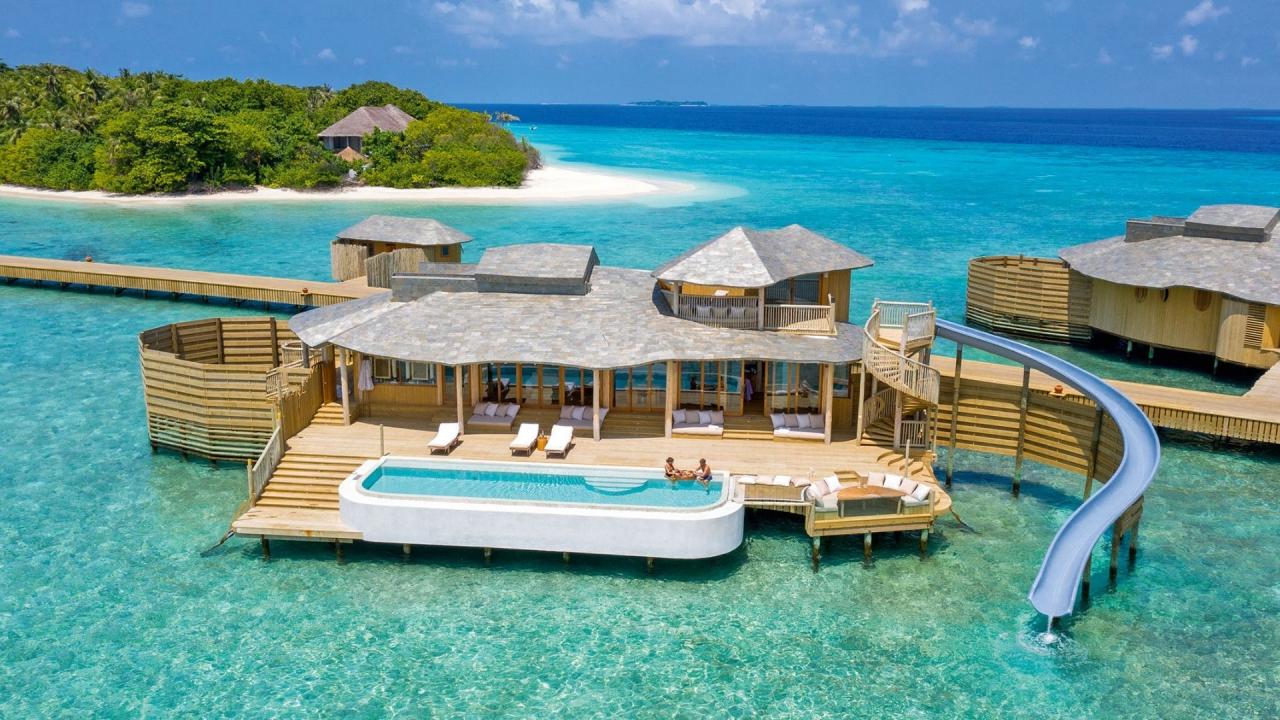
One of the most significant trends in luxury travel is the shift from transactional luxury (simply buying expensive goods or services) to experiential luxury. Travelers are no longer content with just a comfortable bed; they seek transformative experiences that create lasting memories and offer a deeper connection to the destination.
This might involve:
A. Cultural Immersion: Participating in local traditions, learning a new craft from an artisan, or dining with local families. These experiences provide a genuine insight into the culture of the destination, far beyond what a typical tourist might encounter. Imagine taking a private cooking class with a renowned local chef, or participating in a traditional ceremony guided by community elders.
B. Adventure and Exploration: From guided treks through untouched wilderness to private yacht charters exploring remote coastlines, luxury now embraces exhilarating adventures that push boundaries while maintaining safety and comfort. This could be a guided wildlife safari with exclusive access to preserves, or a bespoke diving expedition to pristine coral reefs.
C. Personal Growth and Wellness: Beyond typical spa treatments, this involves retreats focused on mental clarity, physical rejuvenation, and spiritual awakening. This can include anything from silent meditation retreats in a serene natural setting to intensive fitness programs led by world-class trainers, or even specialized workshops on mindfulness and stress reduction.
D. Hyper-Personalized Itineraries: Travel planners and luxury concierges are crafting itineraries that are entirely unique to each guest, based on their interests, desires, and even their mood. This means no two trips are alike, ensuring a truly bespoke journey. This could involve arranging private access to historical sites, coordinating unique encounters with local personalities, or fulfilling a long-held dream like meeting a famous artist.
Future Trends in Luxury Stays
The luxury hospitality sector is constantly innovating to meet the evolving demands of its clientele. Here are some key trends to watch:
Hyper-Customization through AI and Data
Artificial intelligence and data analytics will play an increasingly crucial role in predicting guest preferences and delivering hyper-personalized experiences. From pre-stocking minibars with preferred items to suggesting activities based on past travel history, AI will enable an unprecedented level of customization. This could involve AI-powered chatbots that assist with pre-arrival requests, or sophisticated algorithms that analyze guest feedback to continually refine service offerings.
Emphasis on Mental and Emotional Well-being
Beyond physical wellness, there will be a greater focus on mental and emotional well-being. This could manifest in dedicated mindfulness programs, sleep optimization technologies, and access to mental health professionals or coaches. Luxury properties will become sanctuaries for holistic rejuvenation, offering serene environments and specialized programs to help guests de-stress and rebalance. We might see more dedicated quiet zones, digital detox programs, and even therapists on staff.
Sustainable and Regenerative Tourism
The commitment to sustainability will deepen, moving beyond simply minimizing harm to actively contributing to the regeneration of local ecosystems and communities. This includes supporting local biodiversity, investing in renewable energy infrastructure, and empowering local communities through economic development and cultural preservation. Luxury brands will increasingly be judged not just on their opulence, but on their ethical footprint and their positive impact on the world. This could involve guests participating in conservation efforts or directly contributing to community projects.
Blended Travel (Work-Leisure Integration)
The rise of remote work has blurred the lines between business and leisure travel. Luxury properties will cater to this trend by offering sophisticated co-working spaces, high-speed connectivity, and flexible stay options that allow guests to seamlessly blend work and relaxation. This means comfortable workspaces within suites, dedicated business centers, and amenities that support both productivity and leisure, such as extended-stay rates and family-friendly facilities.
Space Tourism and Extreme Destinations
While still nascent, the concept of luxury travel is extending beyond Earth. As space tourism becomes more accessible, albeit still exclusive, luxury will be redefined by experiences that push the boundaries of human exploration. Similarly, extreme destinations like the deep sea or polar regions will see luxury accommodations designed to provide unparalleled access and comfort in challenging environments.
Choosing Your Redefined Luxury Stay
With so many options available, how do you choose the perfect luxury stay? Consider the following:
A. Define Your Purpose: Are you seeking relaxation, adventure, cultural immersion, or wellness? Your primary goal will help narrow down the type of property.
B. Consider Your Travel Companions: Is it a romantic getaway, a family vacation, or a solo retreat? The dynamics of your group will influence the ideal accommodation.
C. Research Beyond the Brochure: Look for independent reviews, guest testimonials, and articles that delve into the authentic experiences offered by the property. Don’t just rely on marketing materials.
D. Prioritize Personalized Service: If bespoke experiences are important to you, inquire about concierge services, dedicated staff, and the level of customization available.
E. Assess Their Values: If sustainability or community impact is important, research the property’s commitment to responsible tourism and their relevant certifications or initiatives.
F. Think About the “X-Factor”: What makes this particular stay truly unique and memorable? Is it an unparalleled view, an exclusive activity, or a one-of-a-kind design?
Conclusion
The definition of luxury stays has expanded beyond material wealth to encompass unique experiences, personalized service, and a deep respect for both people and planet. As travelers become more discerning, the hospitality industry will continue to innovate, offering ever more sophisticated and meaningful ways to experience the world. The future of luxury travel promises not just comfort and opulence, but genuine transformation and unforgettable memories.



